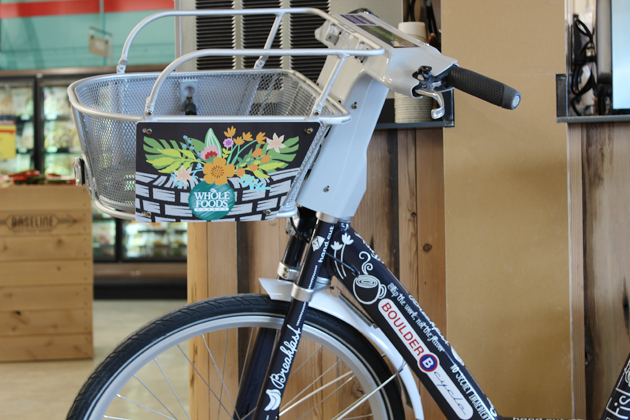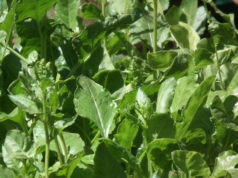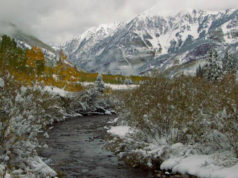
Climate warming allows invasive species to invade alpine vegetation
Research in Norway’s subarctic mountains shows that high altitude vegetation is more likely to experience invasion by alien plant species.
“Most likely, these alien lowland species are becoming increasingly successful in alpine terrain due to the warmer weather we have experienced in the past decades,” Ann Milnau, assistant professor at the Climate Impacts Research Centre in Sweden and one of the authors of the study, said in Umea University press release. “Climate warming and increasing human disturbances in high latitude mountain regions may further increase the pressure from introduced species in the coming years.”
The study, published by Public Library of Science One on Feb. 26, states that though the volume of alien species growing along roads (commonly used for transportation of invasive species) decreased in higher elevations, their ability to invade vegetation beyond the roadside increased. The amount of alien plants infiltrating the natural vegetation increased by 30 percent with the increase of 2,296 feet.
Though alpine species cope well with the tough conditions that exist at high altitudes, their slow growth causes them to be poor competitors. That allows invasive species that have competitive traits and cope better with changing conditions can easily invade at higher elevations.
XL Dissent among the largest student led environmental demonstrations in history
The XL Dissent, in which 1,200 young people gathered in front of the White House to protest the construction of the Keystone XL pipeline, is considered one of the largest student-led environmental demonstrations in U.S. history, but no University of Colorado Boulder students were present for the event.
The March 2 protest included students from over 50 colleges and universities.
Since the release of the State Department’s Final Supplemental Environmental Impact Statement for the Keystone XL pipeline, which concluded that the pipeline would have little impact on climate change, hundreds of vigils have been held across the nation in hopes of deterring President Obama from permitting the TransCanada pipeline.
“We have done vigils in the past that didn’t involve civil disobedience, but they don’t get nearly as much press coverage,” says Jenna deBoisblanc, who traveled from her home in New Orleans to participate in the demonstration, where she was one of 400 nonviolent protesters arrested for civil disobedience, including zip-tying themselves to the White House gates.
“In my mind, I think civil disobedience is important because it catches the attention of the public and media, and it also demonstrates to the world how this issue is so important to the people involved that we are willing to risk arrest,” deBoisblanc says.
Whole Foods and B-cycle partner up
B-cycle, the developer of Boulder’s bike share network, will celebrate opening its new office during a launch party on March 20, where it will also announce when its two new stations at Whole Foods stores — on Baseline at Broadway and Pearl at 28th Street — will be open for use.
This is just the beginning for Boulder B-cycle’s expansion plans for this year after winning a federal grant. The organization will be adding 16 more stations to its current 22 and including 130 more bikes, its largest expansion effort since the bike share program was introduced to Boulder in 2011. Kevin Bell, Boulder B-cycle’s marketing and communications manager, says he knows the rapid expansion of this transportation solution will greatly improve the network’s ability to reach people that the system hadn’t been able to serve before. They’ll have access to transportation that’s clean, green, healthy, sustainable and even fun, he says.
A B-Cycle chalkboard bike made for the unveiling event at Whole Foods.
B-cycle has recently gotten more involved in a longstanding partnership with Whole Foods, according to Bell. The two have been supporting one another’s events, and B-cycle staff attended the unveiling of the remodeled Whole Foods on Baseline Road.
“The presence of the new stations, as well as our periodic presence at Whole Food’s events, will help spread the word about just one of the many ways that riders can integrate bike sharing into their daily routines,” Bell says.














